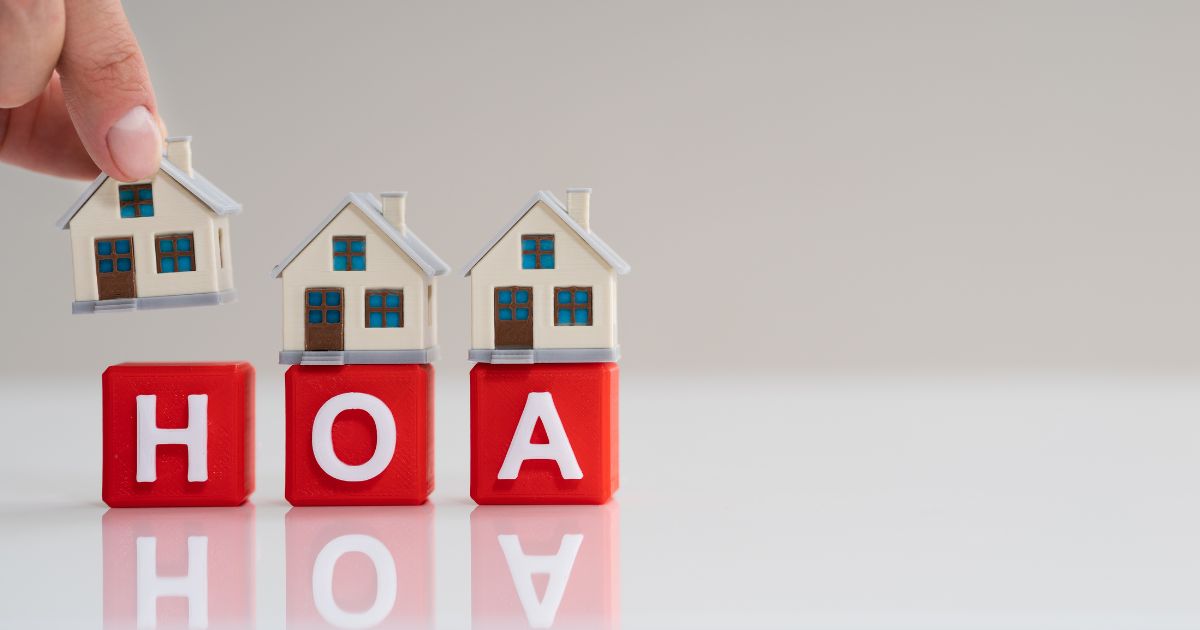Can an HOA Evict a Homeowner?

A homeowners’ association (HOA) governs a residential community, setting and enforcing rules to maintain property values and community standards. However, the extent of an HOA’s power, especially regarding eviction, often raises questions among homeowners.
An HOA does not possess the same eviction rights as a landlord. Their authority is derived from the community’s governing documents and state laws, which typically do not include the direct power to evict a homeowner. Instead, their control is more nuanced, focusing on compliance with community standards and financial obligations.
While direct eviction is beyond an HOA’s reach, they have significant leverage over homeowners who fail to meet their financial obligations. An HOA can impose late payment penalties and interest and, in severe cases, place a lien on the property. This lien can lead to foreclosure if the homeowner does not settle their debts, effectively achieving a similar outcome to eviction.
Navigating HOA Powers in Maryland
In Maryland, the situation regarding HOAs and their ability to evict homeowners is consistent with the limited authority seen nationwide. Maryland law does not grant HOAs the explicit power to evict homeowners directly from their properties. The primary tool at an HOA’s disposal is enforcing community rules and imposing financial penalties for violations or non-payment of dues.
For homeowners in Maryland facing challenges with their HOA, it is crucial to understand that while eviction remains off the table, the association can place a lien on a home for unpaid dues or fines. Such a lien can lead to foreclosure proceedings if the debt remains unsettled, a process that, while distinct from eviction, similarly results in the homeowner losing their property. This underscores the importance of adhering to community standards and fulfilling financial obligations within an HOA-governed community.
The rules change slightly for homeowners renting out their properties within an HOA community. While an HOA cannot directly evict a tenant, they can pressure the homeowner to take action if the tenant violates community standards or rules. This indirect influence can lead to eviction proceedings initiated by the homeowner, not the HOA.
Navigating Disputes and Solutions
Before reaching a critical point, homeowners should communicate openly with their HOA. Many associations are willing to work with residents to resolve disputes or establish payment plans for outstanding dues. Mediation services can also provide a neutral ground for resolving conflicts without legal action.
In situations where disputes escalate, obtaining legal representation becomes crucial. A lawyer can offer advice, negotiate on your behalf, and ensure your rights are protected. Professional legal guidance is invaluable if facing potential foreclosure over unpaid dues or disputing an alleged violation of community standards.
Our Ocean City Condo Association Lawyers at Oliveri & Larsen Will Help
If you are experiencing challenges with your HOA, Oliveri & Larsen is here to help. Our team of experienced Ocean City condo association lawyers can provide the guidance and representation you need. Contact us online or call us at 410-295-3000 to schedule your consultation. Located in Annapolis, Maryland, we serve clients in Ocean City, Anne Arundel County, Baltimore County, Baltimore City, Calvert County, Harford County, Howard County, Queen Anne’s County, St. Mary’s County, Worcester County, Kent County, and the upper and lower Eastern Shores of Maryland.
